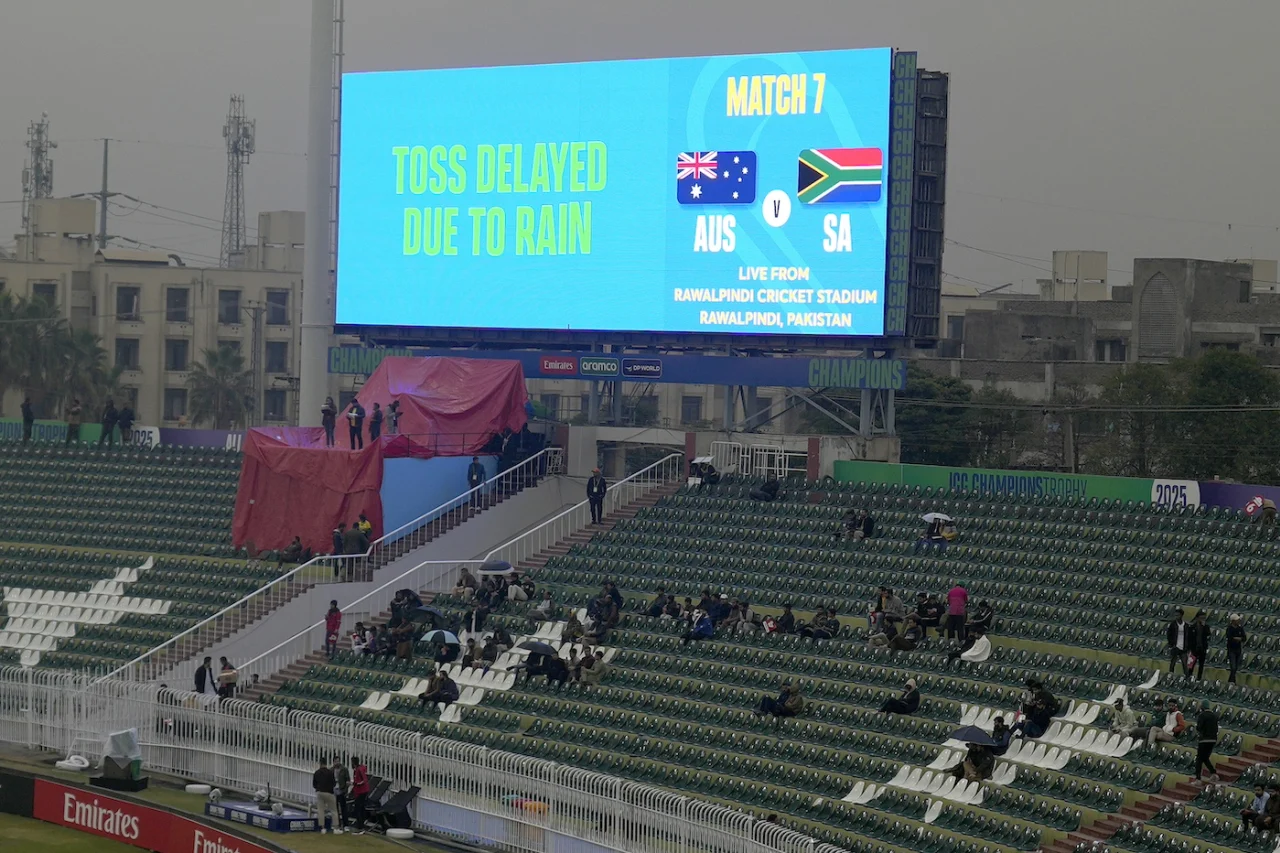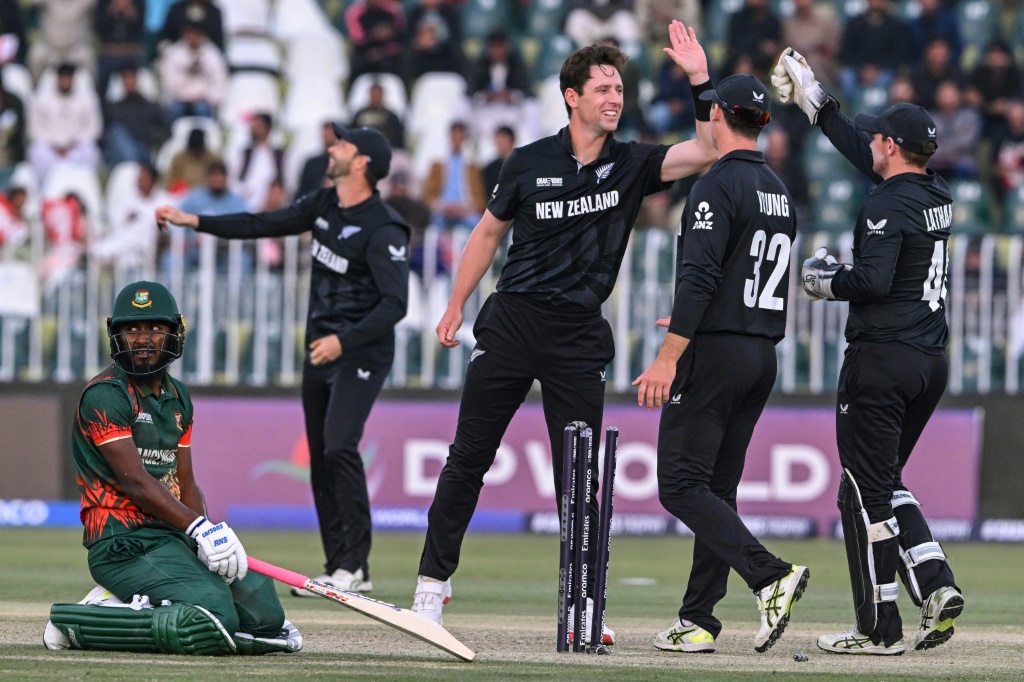FICA report: More cricketers opting to become free-agents


Young players are increasingly drawn towards becoming free agents, playing cash-rich leagues around the globe, and snubbing traditional ways of playing in international cricket.
The first global employment report on men’s professional cricketers, released by the Federation of International Cricketers Association (FICA) last week, had come to a conclusion that reflected this issue.
The report, titled ‘Shifting Landscape’, is based on responses from 300 cricketers across the world (except for India and Pakistan, as there are no player associations in this two countries).
It also assessed the players' earnings from national and domestic contracts along with marquee and domestic players' earnings from domestic T20 leagues. And sadly, in Bangladesh, players are paid either below or around the average remuneration in all the categories except for the marquee players who get the “global above average remuneration” in domestic T20 leagues.

The money and exposure on offer in T20 leagues somewhat dispirit players from representing their national sides. The report states the “traditional model is under significant threat from alternative employment” options available in the “new market”.
The report read: “We are seeing the beginnings of a trend in which annual contracts across all formats of the game, are being declined by players at both domestic and international level worldwide. This ‘flight of talent’ from the traditional ‘vertical’ pathway with players moving to where they are increasingly valued, and can build more lucrative careers has the potential to undermine both the quality and value of international cricket, which already sees many top players in the world not playing for their national teams on a regular basis, or at all.”
“We are seeing younger players and those who would be in the middle of their traditional international or domestic careers choosing to leave the vertical pathway and move sideways to the free agency route,” it added.
FICA finds that more young players are now taking a “horizontal pathway” – by traveling the world year-round playing various domestic T20 leagues like the IPL and the Big Bash (the two most popular voted by the players). Such pathway offers them greater financial security and better work-life balance in the absence of a coherent international cricket structure. It also breaches the traditional “vertical pathway” in which a player graduates through a domestic system to international cricket.
A growing number of players have recently opted out of national and domestic contracts. The likes of Sunil Narine, Kieron Pollard and Andre Russell have led the way, declining national contracts.
Last year Mitchell McCleneghan also opted to not take up a retainer offered by New Zealand Cricket. Recently the England pair of Adil Rashid and Alex Hales signed white-ball only county contracts.




